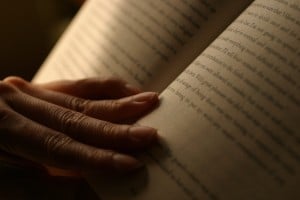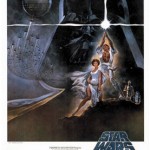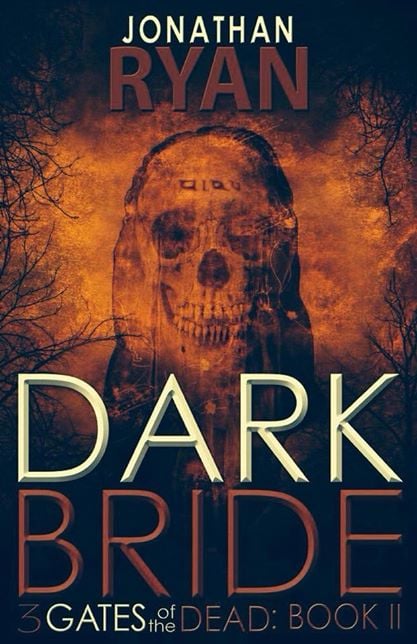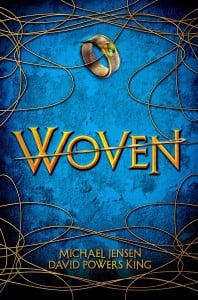 “Your teacher says you’re having a lot of trouble with your reading comprehension.”
“Your teacher says you’re having a lot of trouble with your reading comprehension.”
I was eight or nine when my dad said that to me after one of those fun little parent-teacher conferences. You know, the kind where your strengths tend to get glossed over and every one of your flaws are picked at and laid bare like an egg frying on a rock under the blazing Sahara sun. At least, that’s how those conferences seemed to go whenever they pertained to me.
I had no clue what my dad was talking about. He went on to say that my teacher claimed I displayed little ability to accurately articulate the details of sections I had read in class or for homework. I told my parents (defensively, of course) that I could read just fine. Sure, they said, I could recite words on a page but did I really get what I was reading?
The reality was that I had no problem remembering names of characters and one or two things they said or did, but I had a real issue stringing together plot development or processing the evolution of basic story structures. Small passages were sometimes okay, but books were these huge, daunting clusters of confusing text that my teachers commanded me to take in, absorb, and creatively regurgitate through tests, essays, or book reports. Ugh, I hated book reports!
I recall reading a book in third grade titled The Ghost in Tent 19 by Jim and Jane O’Connor. Hot off the press in 1988, I put it off for as long as I could before stumbling my way through its sixty-four pages, which, to my novice brain, might as well have been a billion. When I got up in front of the class to present my book report, I showed a crude drawing I’d done of one of the characters on the cover and said something to the effect of “This is a story about Jed and some of his friends. They go camping in the woods and get poison ivy.” That’s all. Yes, really. Nothing even about the friggin’ ghost in the friggin’ tent! My lovely teacher, instead of taking my reading issues into account, decided it would be a good idea – and an entertaining one for my classmates – to openly berate me for doing such a poor job. It stung like hell but I wasn’t surprised; the woman had a penchant for negative reinforcement that kept me on the constant verge of wetting my pants every day.
Three years later, in sixth grade, I was placed into a special reading program at my school. Many years later, I was informed that by fifth grade, my reading comprehension had gotten so bad that, in consultation with my parents, this special class was developed for me and three other students also having similar reading issues. Naturally, this was well before the establishment of the Derek Zoolander Center for Kids Who Can’t Read Good and Wanna Learn to Do Other Stuff Good Too. At the time, the Center was still way too small and was in the process of being made at least three times larger.
On the very first day of class, Mrs. Bernadette, a sweet little old lady with short brown hair, large glasses, and eyes that always seemed to be smiling even when her mouth wasn’t, asked her four students to share a little about themselves. This was ultra weird for me. I was one of the quietest kids in school and almost never raised my hand for fear of giving the wrong answer. Mrs. Bernadette’s soothing demeanor put me at ease, however, and I told her I have a brother and enjoy dogs, movies, and computer games. Little did I know, being forced to speak on the first day would help set the tone for the whole semester.
Over the following months, we read two books. As we read together the first two chapters of the first book, Mrs. Bernadette took time to ask us about our observations, provided follow up questions, and always encouraged us to keep digging into the text. By the third class, I had raised my hand so many times and provided so much insight into the development of the characters and the exciting plot points that Mrs. Bernadette paused, looked me in the eye and said, “Isn’t it amazing how much you’re learning and sharing just from these two little chapters?”
At the end of the school year, my best friend at the time told me about this new book he’d heard about titled Jurassic Park. Yes, for you kids out there, it was a Michael Crichton novel before it became a blockbuster film. The premise itself sounded so appealing: bringing dinosaurs back to life only to result in total chaos. What little boy wouldn’t be intrigued? I then uttered the seemingly trivial phrase to my friend that would eventually stick with me well into my adult life: “I want to be able to write stories like that!”
Despite being way more massive than anything I’d previously read, I bought a copy of Jurassic Park and, using Mrs. Bernadette’s methods of dissecting the many blatant and subtle layers of a story, I made my way through the entire novel in just under two months. To be sure, many of the scientific subtleties whooshed right over my eleven-year-old head, but I retained the basic foundation and gushed about it to my friends and parents. Quite simply, it made me yearn for more.
Today, reading and writing are my life. I’m currently the editor of an academic publication, I proofread and provide literary consultation for my writer friends and colleagues, I’m always attempting to come up with fresh and interesting story ideas, and I just finished my first full length novel. Truth be told, even now in my thirties, my reading comprehension issues still rear their ugly head. I can’t read as fast as I would like and often feel envious of those who can breeze through pages and retain every word with pinpoint accuracy. I tend to spend a little extra time on each page and occasionally need to go back and re-read a paragraph or two here and there just to make sure I’ve fully processed the various layers. It might take a little longer than most, but it always works. Despite my occasional frustrations, I compare it to taking your time when enjoying a great meal instead of wolfing it down in a couple of bites.
All these years later, I’m still grateful to Mrs. Bernadette for teaching me how to read and understand stories. I still think about her from time to time and wonder if she’s even alive today. Like I said, she was no spring chicken when I sat in her class twenty-two years ago. I only hope she somehow knew just how much influence she had in honing a scared little boy’s ability to read and write from its defective dormancy to a roaring and consuming passion.
Alan Atchison is a Contributing Writer to The Rogue. He is a Senior Publications Editor at the Center for the Advanced Study of India (University of Pennsylvania), where he also earned a Masters of Liberal Arts in Creative Writing. He lives in Philadelphia, PA with his wife and two daughters. Follow him on Twitter and Instagram.











